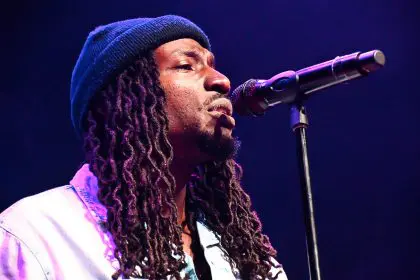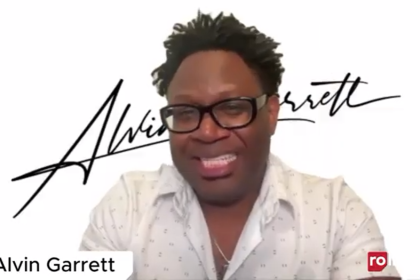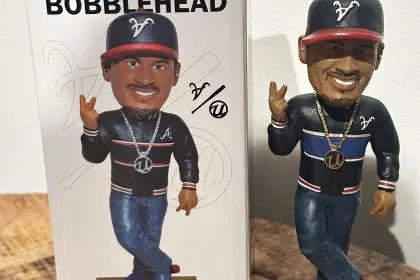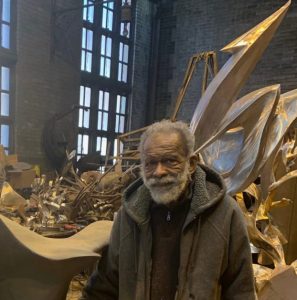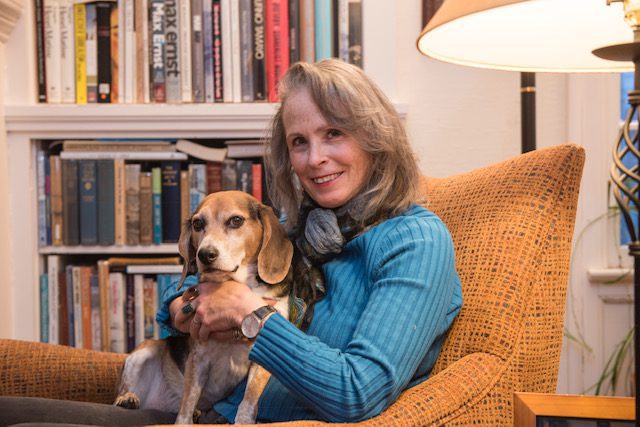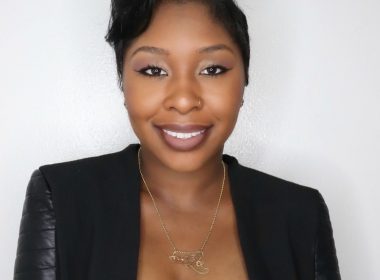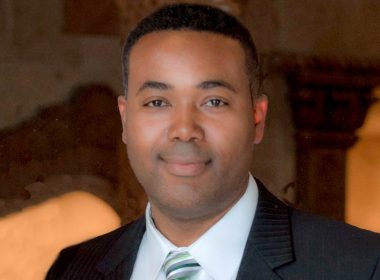How do you map out your goals? How do you measure your success?
KF: My mother and my aunts taught me at a very early age to set goals – six month goals and one year goals. They would make me write all of them out every year to set bars of accomplishments for myself. They had no idea that skill set would end up being the thing that helped me to become a working artist. As far as measuring my success: I don’t. How does one even begin to measure where the “top” is for them? There may be some people who can do that, but I am not one of them. I just have to keep working.
SF: I’d love to say that my goals are met by a plan of action, and for the most part I believe that’s true. But most importantly I measure potential failures to develop contingency plans beyond each of the desired outcomes. Of course plans fail, so I give a bit of flexibility for maneuvering. Usually my goals are set to be broad, but with enough precision to be as accurate to what it is I really wish to achieve. Sometimes it isn’t the goal itself but the action that measures the success. I also set benchmarks before leaving the door each morning.
Who do you consider to be your peers in your field? Who do you see/use as examples for you to emulate?
KF: Oh, wow. There are too many people to name whom I would consider my peers and my colleagues and contemporaries. We would be here all day if I started to list people. Particularly because I work as an interdisciplinary artist in multiple fields, and there are many people who don’t work in my particular “making fields” whom I deeply admire and break bread with and conspire and build (with). As far as people whom I see/use as examples for me to emulate: those people are (unfortunately) mostly gone/passed away now, and I named some of them already. I look at/think a lot about legacy and longevity. I emulate those who have 20 years plus in the(ir) game. One Hit Wonders (though lovely and entertaining) don’t serve as models for me and my work. I want my work to live long past me.
SF: Most recently my peers are those who are making work as a production from idea. I’m interested in those conversations. I’m interested in how to better converse with my own making. So there’s the academic students and faculty primarily. I also desire losing a certain control in the creation process, so I cherish the relationships of those working with the so-called “mindless” actions of repetitive tasks. Some of my peers are those knowledgeable of direct work force practice.
Name two of your top role models: one in the art world and one from outside of it.
KF: Wangechi Mutu is one of my contemporary art role models. If you’re not familiar with her work, I encourage you to avail yourself. She’s remarkable. And she has an exhibition happening at Block Museum in Evanston in September. My role model outside of the art world is my mother, Charlette Franklin. I call her my sage. I’m honored and amazed daily that I lived in her body for nine months. She’s a treasure to the world.
SF: Each time I’m asked this question I attempt to select someone new as a role model in the creative industry, and most of the time I return to Martin Puryear for so many reasons. A role model outside of the industry would be more complicated since they usually interchange daily. Currently, I’d choose a friend’s family member (whom I’d like remain anonymous) who has continued to post current messages on social network on the behalf of their deceased relative for years.
Name three books, works, performances or exhibits that changed how you view life and/or yourself.
KF: Books: Toni Morrison’s Beloved, Octavia Butler’s Wild Seed; Performances: Every performance I’ve ever seen (together or individually) of the Black Took Collective (Duriel E. Harris, Dawn Lundy Martin and Ronaldo Wilson).
SF: Haha…here’s where we get to know my weirdness. Books that may have changed my view of life are The Wisdom of Lao Tse by Yutang Lin (which was believed to be a fictional recording of two minds in conversation about how they see the world and their existence) and Who Am I, which much like the previous book was a transcription of a weekend workshop that questioned my experience and existence.
Why do you consider continued learning important?
KF: If you don’t continue to learn, you’re dead, right?
Stephen Flemister: We’re forever advancing and changing with new revelations.
What affirmations do you repeat to yourself that contribute to your success?
KF: “Can’t stop, won’t stop.” “I don’t sleep, cause sleep is the cousin of death.” [Caveat: These aren’t necessarily for everyone.]
SF: “Man knows nothing, so why not invent?” Not sure if that line contributes to my success but it definitely opens my mind in mischievous ways.
What role does art have in the community? What role would you like to see art play in the community?
KF: Art has a multitude of roles in the community. I think we do ourselves a disservice (to both artists/writers and community) to ascribe one role to art in the community. Art should challenge and cajole us. It should amaze and confound us. It should shock and awe us. It should make us laugh and make us cry and make us want to punch it in the face. It should reflect, in every way possible, the dynamic nature of the human experience. It’s not supposed to serve one role. We are supposed to serve art. Those are the roles that I would like to see, and do see, art play in the community.
SF: I continue to revisit this question to seek practical solutions. I do believe for myself that I have a set of skills that are easily applied to community needs of creatives and family alike. In addition to the skills is another method of thinking/seeing. We all have similar problems and are seeking resolutions, but often fall short when it comes to seeing other perspectives.
What role does technology play in your day-to-day life? How do you utilize it?
KF: Technology. I say all of the time, I’m constantly plugged into The Matrix. I use technology (mainly) as a tool to make my work, to promote my work, to talk about my work with people. (I’m using technology (computer) right now to respond to these questions.) In the 21st Century (and beyond), I don’t know an artist or writer or maker who is not using technology in some facet to do their work. I don’t even know how it’s possible (though I’m sure it is…).
SF: As a Millennial (more through era than age/generation), I use technology with everything all of the time, and this is not to undermine the quiet time that I share with nature, playing with analog devices and working with traditional disciplines. I also use the term “technology” in the broader since of advancement. I am not one who fears advancements in science.
What software, app or other technological innovation has made the biggest difference in your life and/or career?
KF: The software, apps and other technological innovations that have made the biggest difference in my life and/or career have two names: Emily Evans (a.k.a. Emily Anne) and Stephen Flemister. God bless their creators/innovators: their parents. I wouldn’t be the same (nor would my career) without them. They are the Trinity and Neo of my life. [See: The Matrix]
SF: So many! Technologies upon technologies. It’s laughable how I’m thankful for software that writes software for hardware to build hardware for the very software that was written. Hahaha!
Please define your personal brand.
KF: I’m not a brand. I’m a person. I’ll leave “branding” to the corporate world and to farmers and slave masters.
SF: Whenever hearing one attempting to brand something, I think of my experience in the corporate world and the countless hours and endless nights of meetings in order to compile a marketable idea. As much as I’d like to play along here, I’m afraid it’d be a disservice to myself and to the readers to do so, unless that “brand” could be variable and interchangeable each moment…and even then, there would be error.
What is your favorite vacation destination and why?
KF: I don’t have a favorite vacation destination, unless you want to call my couch and cable TV a vacation destination. However, I do have a special place in my heart for New Orleans. It’s my soul city.
SF: More and more the word “vacation” feels foreign from the days of Wisconsin Dells, Epcot and so on. Tokyo is a place I could never have enough. Ultimately, vacation feels more like a resting mind.
If you could change one thing about the world, what would it be?
KF: If I could change one thing about the world it would be to change four things about the world: injustice, racism, sexism, and ignorance. But then again, maybe changing ignorance would change the other three things.
SF: I’m not sure. The answer is usually so optimistic, I really want to think about the smaller “world changes” that affect the greater whole. At the moment I’m working to change the world’s perspective about black men and black men’s perspectives of the world. I used to think that seemed so effortless, and how I’m not there on the frontlines. Bullsh*t! If only we could all begin by seriously addressing our most immediate personal changes that we wish to see in the world through our daily actions. Then we would be able to stand and attest to the challenges and rewards of our achievements. And this is by no means unachievable, but it’s not easy.
If you could change one thing about yourself, what would it be?
KF: If I could change one thing about myself it would be fearfulness. I would like to never be afraid of anything at any time.
SF: When I was younger I wanted to be “normal.” Today I joke about speaking from the diaphragm to be heard. With more thought, I question what I could change about myself that would change my place in the world, and then I work on my social skills. They’re pretty bad. I’m a borderline hermit. Ha!
What does it take to be iconic? In your estimation, who has achieved that status?
KF: What does it take to be iconic: to be yourself, and to have the courage to believe in, and engage in the process of transformation and excellence. Malcolm X achieved that status. Jean-Michel Basquiat achieved that. Tupac Shakur achieved that. Amiri Baraka achieved that. Nina Simone achieved that. James Baldwin achieved that. Ethridge Knight achieved that. Billie Holiday achieved that status. John Coltrane achieved that. Miles Davis achieved that. Huey Newton achieved that. Angela Davis achieved that. I really could keep going, but I think I may write a poem instead. Thank you.
SF: My ideas of icons are met with a bit of skepticism. I could see an icon today as a south side gas stations attendant who people know only as the person who has built relationships by loaning and collecting cents when one is short. For years we’ve all at some point shared an experience or heard a tale of a person like this behind the glass. Little do we know of the years of holding onto this gas station as the last standing neighborhood resident owner who has managed to literally fuel those daily commutes of the active change agents. I find icons are usually those made from personal interactions verses the fabrications of marketable teams. They are also usually whispers in the wind, but nonetheless icons and legendary in every sense.


